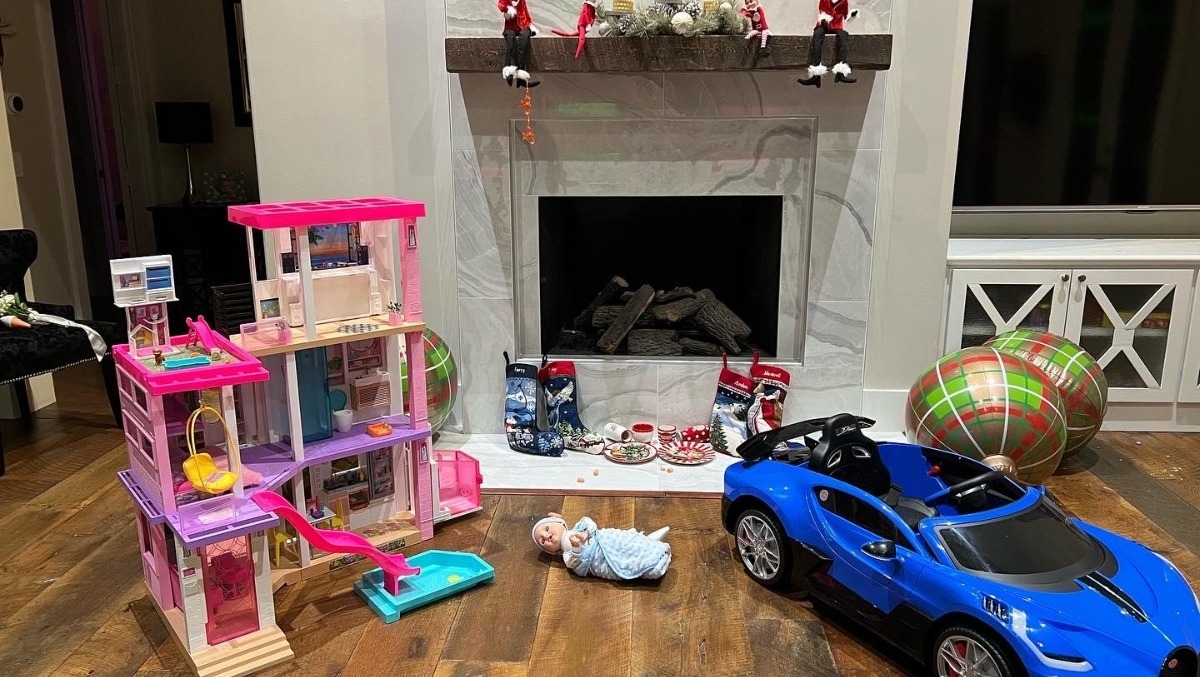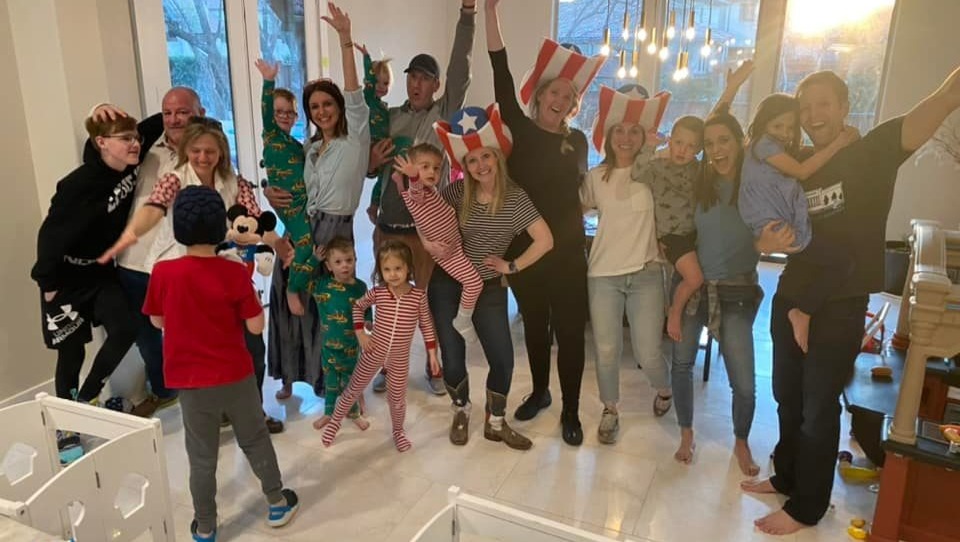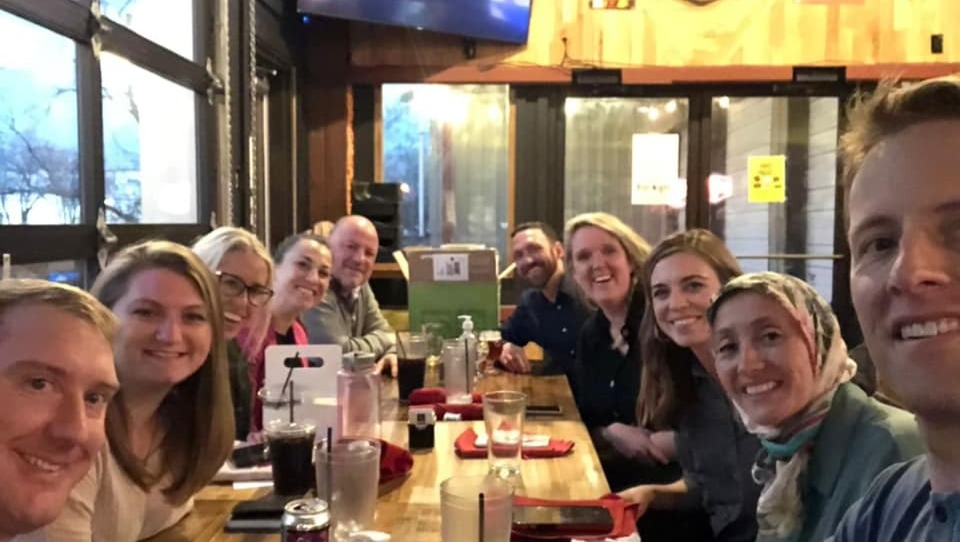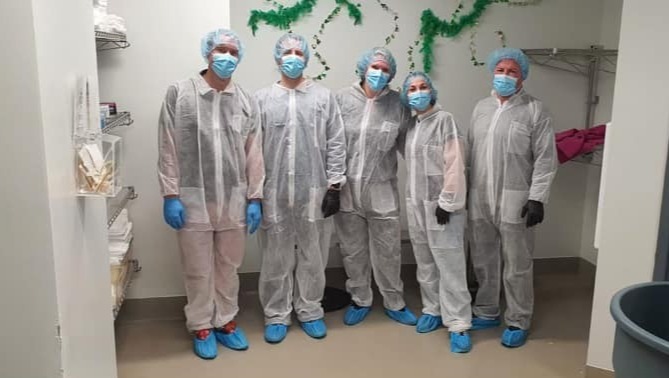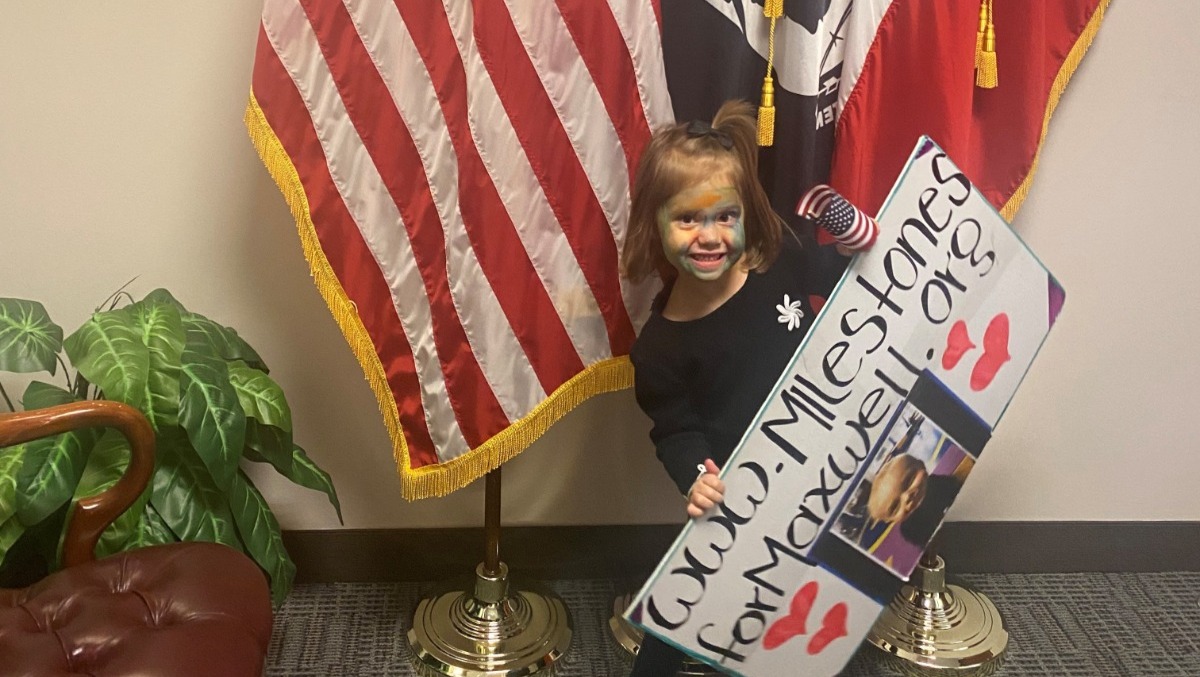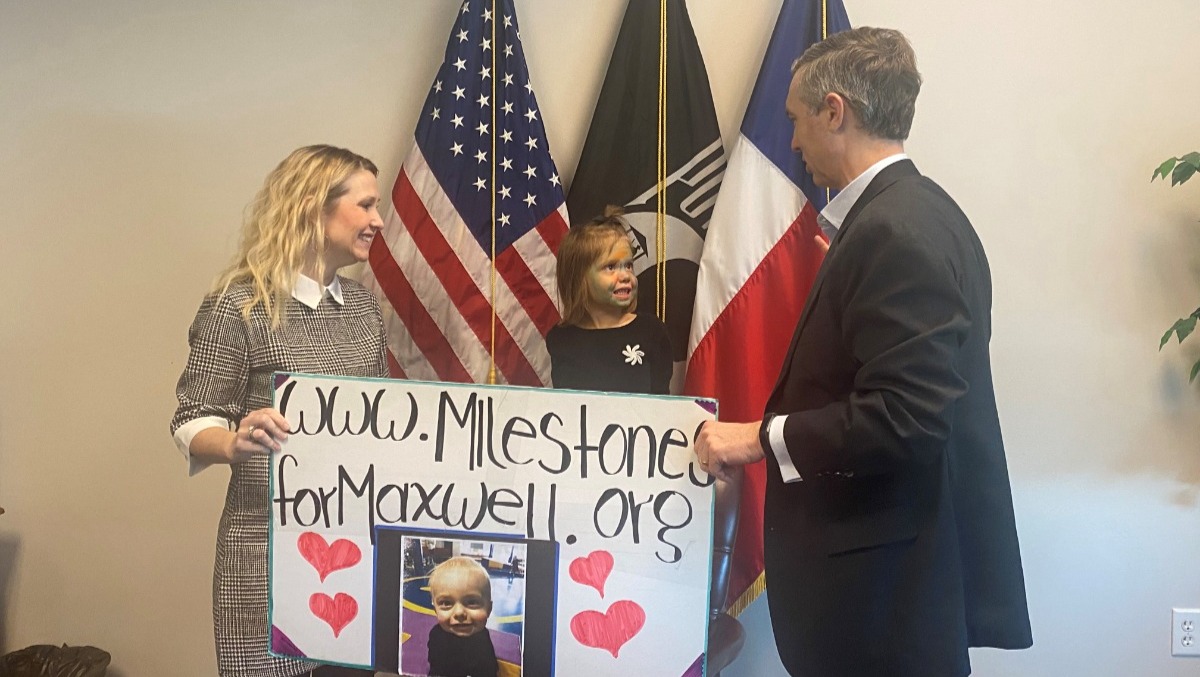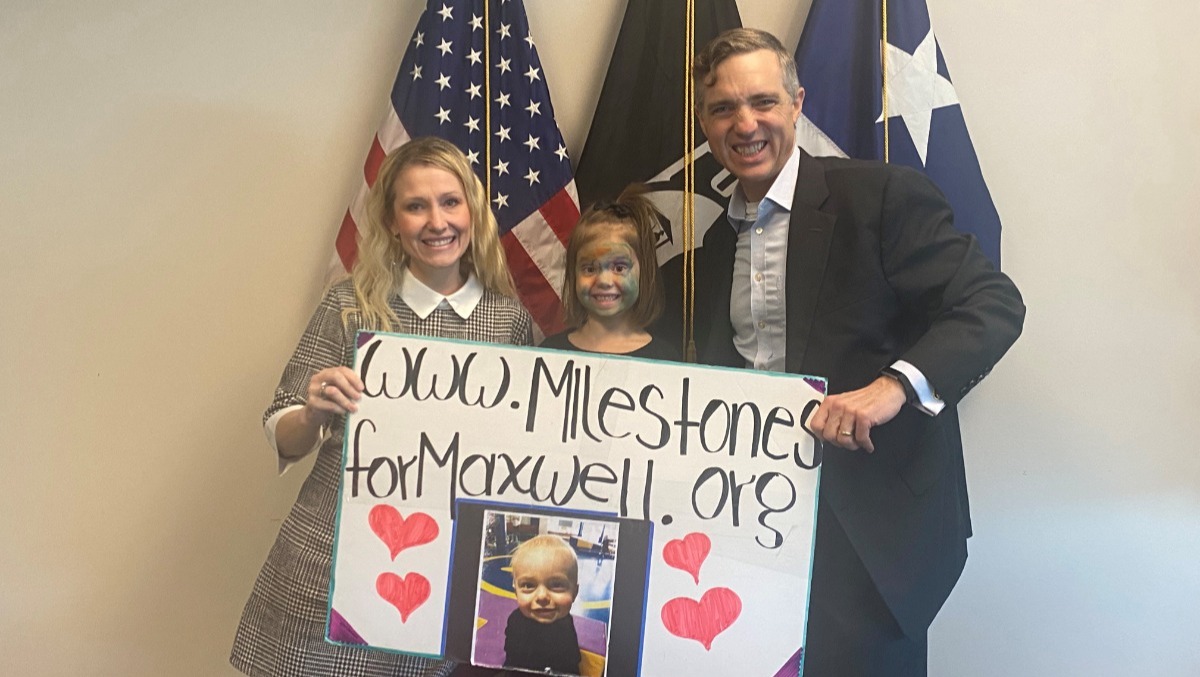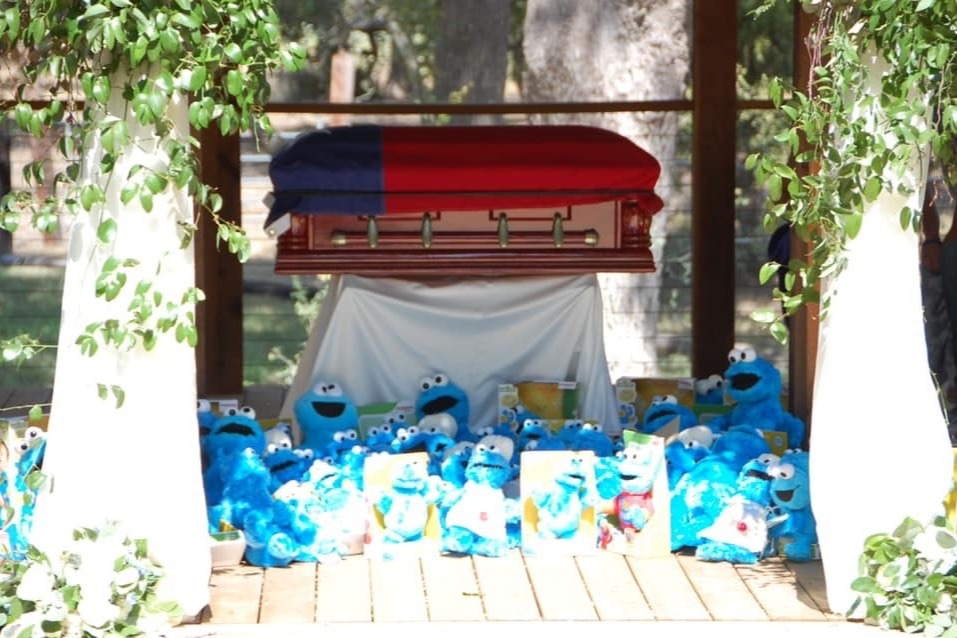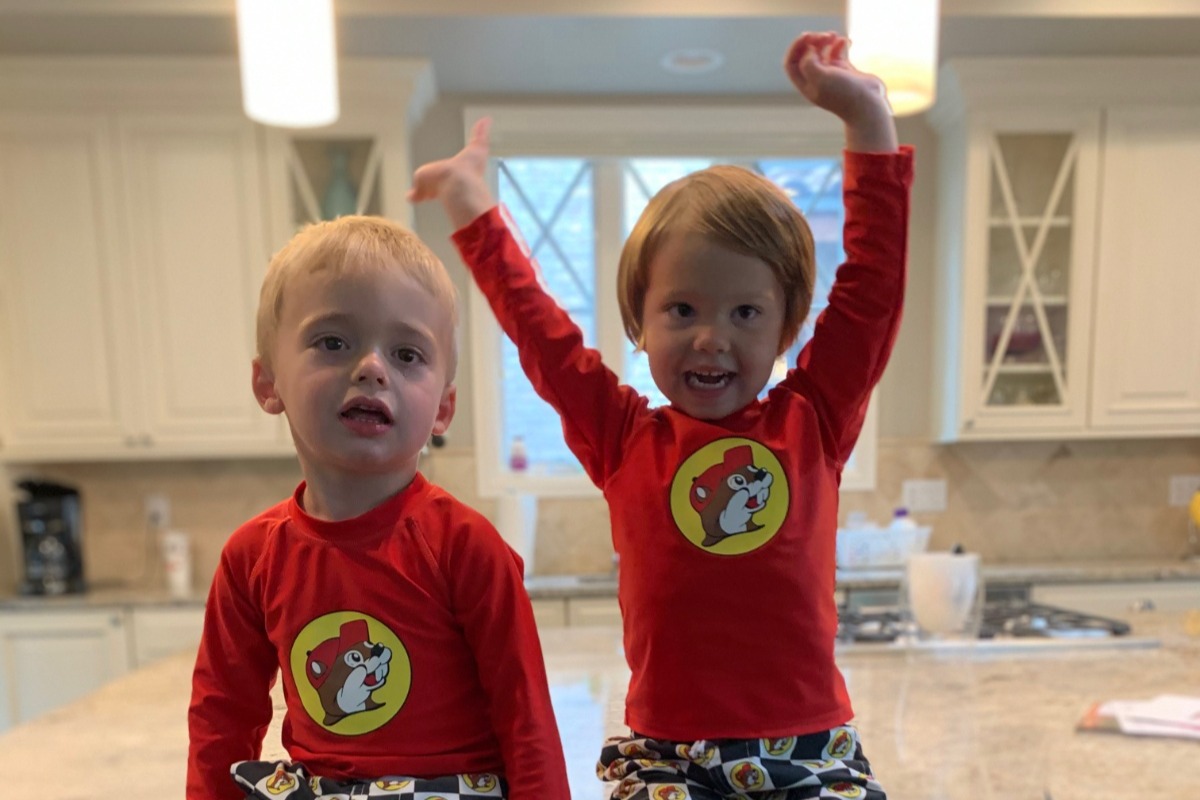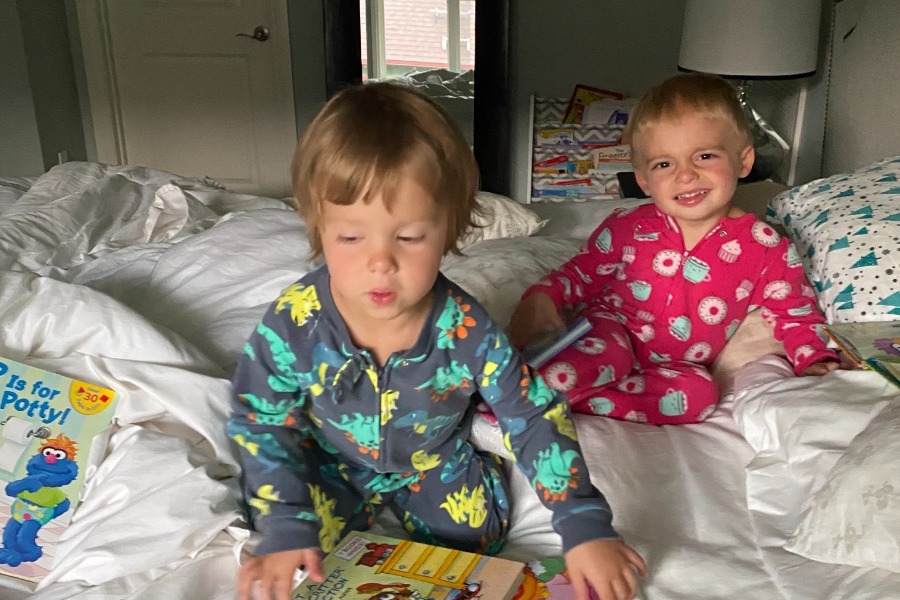Tax deductible
After 2 years of IVF, Maxwell and Riley Freed were born on March 27, 2017 and made us the most happy people on the planet. In an instant, our lives were filled with purpose while we counted two sets of 10 tiny fingers and 10 tiny toes. We were ecstatic, content, and life was perfect.
At around 4 months, we noticed that Maxwell wasn't progressing like Riley. Maxwell showed intent, but could not use his hands and could barely move. Well-meaning family and friends reassured us that everything was fine but mother's intuition said differently. Riley's milestones became bittersweet as it felt like Maxwell was slipping away in my arms. I was helpless. My fear turned to sheer panic as doctors desperately searched for answers along with us. In May, my husband and I were led to a cold, sterile diagnosis room at Children’s Hospital where doctors confirmed the unspeakable. Maxwell had a rare, sad, and completely unfair genetic disease that was essentially wreaking havoc on his neurological system. The disease is too rare for a formal name and is only known by the gene - SLC6A1. SLC6A1 causes developmental disabilities, a movement disorder and the onset of a debilitating form of epilepsy along with regression between 3 - 4 years. The solemn faced doctors said nothing could be done as they looked at us with sympathy. I saw my husband's bottom lip start to quiver. The prognosis was bad. It was the darkest moment of my existence. It was sadness for which there are no words and a sadness I didn’t know existed. I was robbed of my perfect life, but mostly I mourned for the life I envisioned for Maxwell when I heard his first sweet cry in the delivery room.
It was in that moment I decided to fight.
Fight like I had never fought before.
Fight like a mother.
I left my career and began calling scientists and I found hope. Maxwell’s disease is a candidate for gene therapy replacement which would restore his neurological system function. A group of scientists at UT Southwestern in Dallas was willing to develop the therapy that would not only help Maxwell, but every child with this condition. This research will also directly advance treatments in epilepsy, autism, and schizophrenia. My husband and I have used our resources for initial funding, but we still need to raise $1,000,000 in the next year to advance treatment from bench to bedside. If we do not raise the money, the research will be tabled due to lack of funding.
We ask for your help today to become part of something larger than yourself. We have an opportunity here to impact a large group of children that need help.
How can you help?
* Every little bit help. Even $5 inches us closer to our goal. If you plan to donate, we retain much more of your donation if it is made via our website: https://slc6a1connect.org/donate-here/
* Please share our Gofundme https://www.gofundme.com/slc6a1-connect/
* Sign up for our blog: www.slc6a1connect.org, scroll down and add your name to the subscription box.
* Hashtag us #milestonesformaxwell, follow us on Instagram https://www.instagram.com/milestones_for_maxwell/ and like us on Facebook.
* We are a 501c3 and would like to join corporate giving platforms - our website is www.slc6a1connect.org



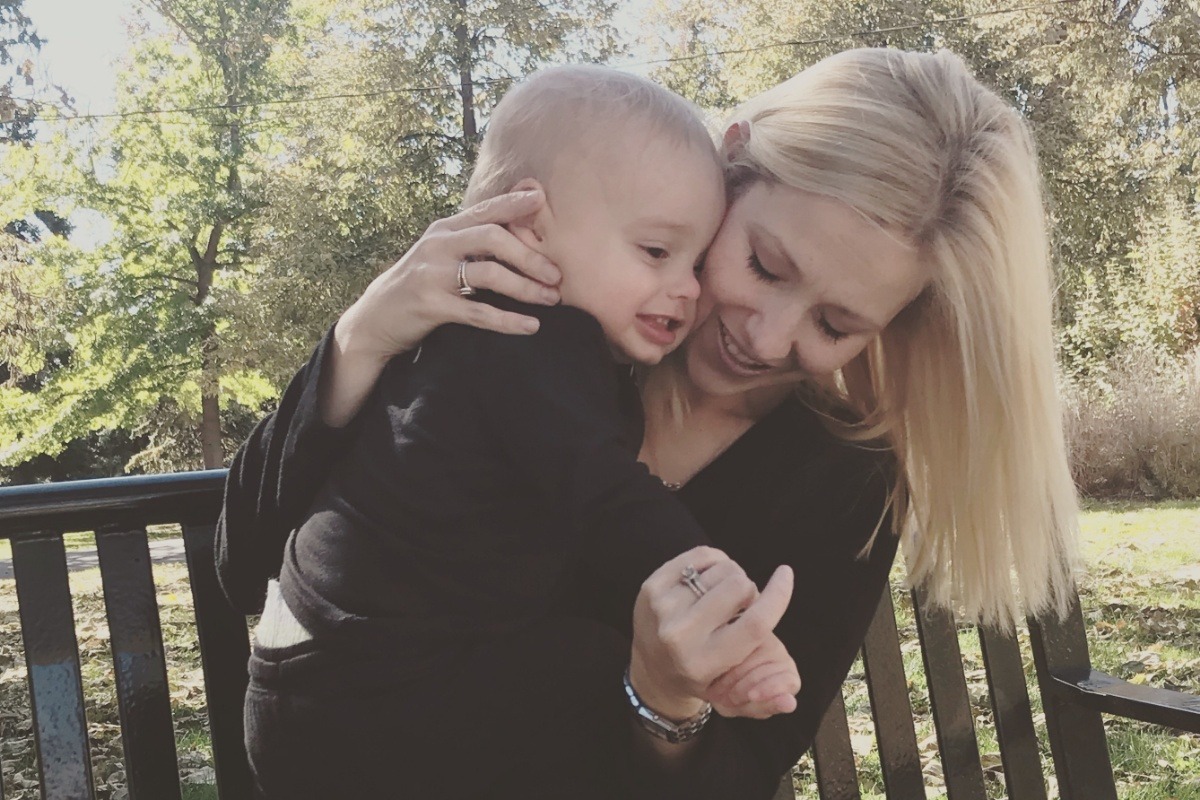


1) Is gene therapy proven?
Absolutely. Just google the drug Spinrazza for spinal muscular atrophy, Kymriah for acute lymphoblastic leukemia, or the clinical trial for giant axonal neuropathy. The key for all of these pediatric conditions is early treatment. Children are being given a second chance.
2) Does gene therapy for SLC6A1 help other, more common diseases?
A mutation in SLC6A1 causes a disruption in the chief inhibitory neurotransmitter known as GABA. GABA is directly linked with epilepsy, autism, schizophrenia as well as many other neurological disorders.
3) Is my donation tax-deductible?
Your donations are fully tax deductible as we are a 501c3. Our EIN is 83-1415567. If you made a donation over $250 you will receive via email and below $249, your credit card records are sufficient.
4) My employer matches donations. Does it work on this platform?
Please submit your donation for a company match. Many companies send checks for the match which can be sent to the address below:
SLC6A1 Connect
ATTN: Amber Freed
2426 South Clayton
Denver, CO 80210
5) Do you have a website?
www.SLC6A1Connect.org: Please sign up for our newsletter on the website to follow our progress.
6) Where will proceeds go?
All proceeds will go to fund SLC6A1research at UT Southwestern. We are strictly volunteer based moms working toward a cure.
7) Why is this disease so rare?
The gene that causes this disease was discovered in 2015 and doctors didn't begin testing for the disease until late 2016. There are most likely thousands of people with this disease but they don't know they have it. Part of our mission is to raise awareness so we can reach more patients.
At around 4 months, we noticed that Maxwell wasn't progressing like Riley. Maxwell showed intent, but could not use his hands and could barely move. Well-meaning family and friends reassured us that everything was fine but mother's intuition said differently. Riley's milestones became bittersweet as it felt like Maxwell was slipping away in my arms. I was helpless. My fear turned to sheer panic as doctors desperately searched for answers along with us. In May, my husband and I were led to a cold, sterile diagnosis room at Children’s Hospital where doctors confirmed the unspeakable. Maxwell had a rare, sad, and completely unfair genetic disease that was essentially wreaking havoc on his neurological system. The disease is too rare for a formal name and is only known by the gene - SLC6A1. SLC6A1 causes developmental disabilities, a movement disorder and the onset of a debilitating form of epilepsy along with regression between 3 - 4 years. The solemn faced doctors said nothing could be done as they looked at us with sympathy. I saw my husband's bottom lip start to quiver. The prognosis was bad. It was the darkest moment of my existence. It was sadness for which there are no words and a sadness I didn’t know existed. I was robbed of my perfect life, but mostly I mourned for the life I envisioned for Maxwell when I heard his first sweet cry in the delivery room.
It was in that moment I decided to fight.
Fight like I had never fought before.
Fight like a mother.
I left my career and began calling scientists and I found hope. Maxwell’s disease is a candidate for gene therapy replacement which would restore his neurological system function. A group of scientists at UT Southwestern in Dallas was willing to develop the therapy that would not only help Maxwell, but every child with this condition. This research will also directly advance treatments in epilepsy, autism, and schizophrenia. My husband and I have used our resources for initial funding, but we still need to raise $1,000,000 in the next year to advance treatment from bench to bedside. If we do not raise the money, the research will be tabled due to lack of funding.
We ask for your help today to become part of something larger than yourself. We have an opportunity here to impact a large group of children that need help.
How can you help?
* Every little bit help. Even $5 inches us closer to our goal. If you plan to donate, we retain much more of your donation if it is made via our website: https://slc6a1connect.org/donate-here/
* Please share our Gofundme https://www.gofundme.com/slc6a1-connect/
* Sign up for our blog: www.slc6a1connect.org, scroll down and add your name to the subscription box.
* Hashtag us #milestonesformaxwell, follow us on Instagram https://www.instagram.com/milestones_for_maxwell/ and like us on Facebook.
* We are a 501c3 and would like to join corporate giving platforms - our website is www.slc6a1connect.org






1) Is gene therapy proven?
Absolutely. Just google the drug Spinrazza for spinal muscular atrophy, Kymriah for acute lymphoblastic leukemia, or the clinical trial for giant axonal neuropathy. The key for all of these pediatric conditions is early treatment. Children are being given a second chance.
2) Does gene therapy for SLC6A1 help other, more common diseases?
A mutation in SLC6A1 causes a disruption in the chief inhibitory neurotransmitter known as GABA. GABA is directly linked with epilepsy, autism, schizophrenia as well as many other neurological disorders.
3) Is my donation tax-deductible?
Your donations are fully tax deductible as we are a 501c3. Our EIN is 83-1415567. If you made a donation over $250 you will receive via email and below $249, your credit card records are sufficient.
4) My employer matches donations. Does it work on this platform?
Please submit your donation for a company match. Many companies send checks for the match which can be sent to the address below:
SLC6A1 Connect
ATTN: Amber Freed
2426 South Clayton
Denver, CO 80210
5) Do you have a website?
www.SLC6A1Connect.org: Please sign up for our newsletter on the website to follow our progress.
6) Where will proceeds go?
All proceeds will go to fund SLC6A1research at UT Southwestern. We are strictly volunteer based moms working toward a cure.
7) Why is this disease so rare?
The gene that causes this disease was discovered in 2015 and doctors didn't begin testing for the disease until late 2016. There are most likely thousands of people with this disease but they don't know they have it. Part of our mission is to raise awareness so we can reach more patients.
 Co-organizers (2)
Co-organizers (2)
Amber Freed
Organizer
Denver, CO
SLC6A1 Connect
Beneficiary
Debra Moreno
Co-organizer

